Staying on the cutting-edge of scientific research requires an awareness of how our world is constantly changing. People are living longer, technology is at our fingertips, and our climate system is changing at a pace we have never seen before. Thankfully, researchers like Shea Moore-Farrell are working daily to learn more about earth’s changing environments and reach innovative solutions to scientific problems of our future. Read more to learn about how Shea’s research will help improve energy and food sustainability despite earth’s fluctuating resources.
Not only is it imperative to learn how our world is changing to develop new technologies to adapt to these changes, it is also important to consider when discerning your career path. “Think about what kinds of jobs will be available in the next 5-10 years, and try to figure out how your interests can align with those”, Shea recommends. Read Shea’s full interview to learn about how staying on top of the changing patterns in our world secured his research, as well as how it can help you strategically plan your own education and job trajectory.
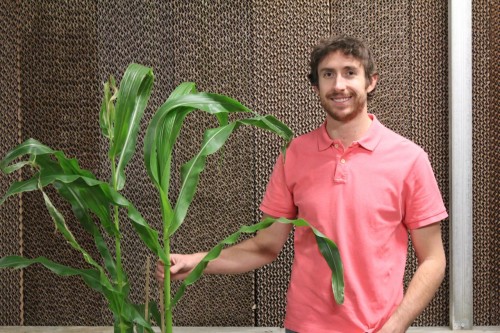
Year in present degree: 2nd Year PhD Student in the Cell and Molecular Biology Program
Department: Bioagricultural Sciences and Pest Management, Chemical and Biological Engineering
Your previous degrees, majors, & schools: BS in Molecular, Cellular and Developmental Biology from the University of Colorado Boulder
- What shaped your interest in your present research agenda?
Learning about the threats from climate change and how important it is to improve sustainability for both energy and food production.
- What problem will your research help to solve?
My research will help improve understanding of what makes some varieties of plants very tolerant to drought, and hopefully pave the way to the engineering of crops that are less water intensive.
- What Science, Technology, Engineering, Mathematics do you most use?
In my work I utilize fundamental molecular biology techniques (PCR, blotting etc.), programming in Python and Matlab, linear algebra, statistical analysis, and reading/analytical skills needed to comprehend dense research articles.
- What advice do you have for high school and undergraduate students about entering this field/area of research?
I have two pieces of advice. First, don’t be afraid to try anything and everything. Even if you think you know what you want to do as far as a career, try other things. Take other classes. You may be surprised, and can’t truly know what it is like in a job/career until you have tried it. If you must, volunteer. Even if it’s just for a few hours a week to get some experience. Second, think about what kinds of jobs will be available in the next 5-10 years, and try to figure out how your interests can align with those. Just being passionate about something may not be enough in today’s hyper-competitive world. It is important to strategically plan your education around in-demand skills to give yourself the best chance at a good job or acceptance into a graduate program.
Stemcareer.com includes these interviews as part of the GAUSSI Career Planning program under the direction of Rich Feller PhD, Professor of Counseling and Career Development, Colorado State University.



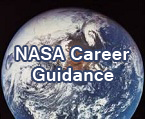

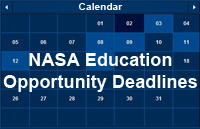
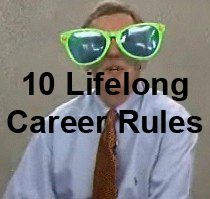
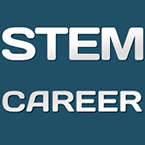
Comments are closed.